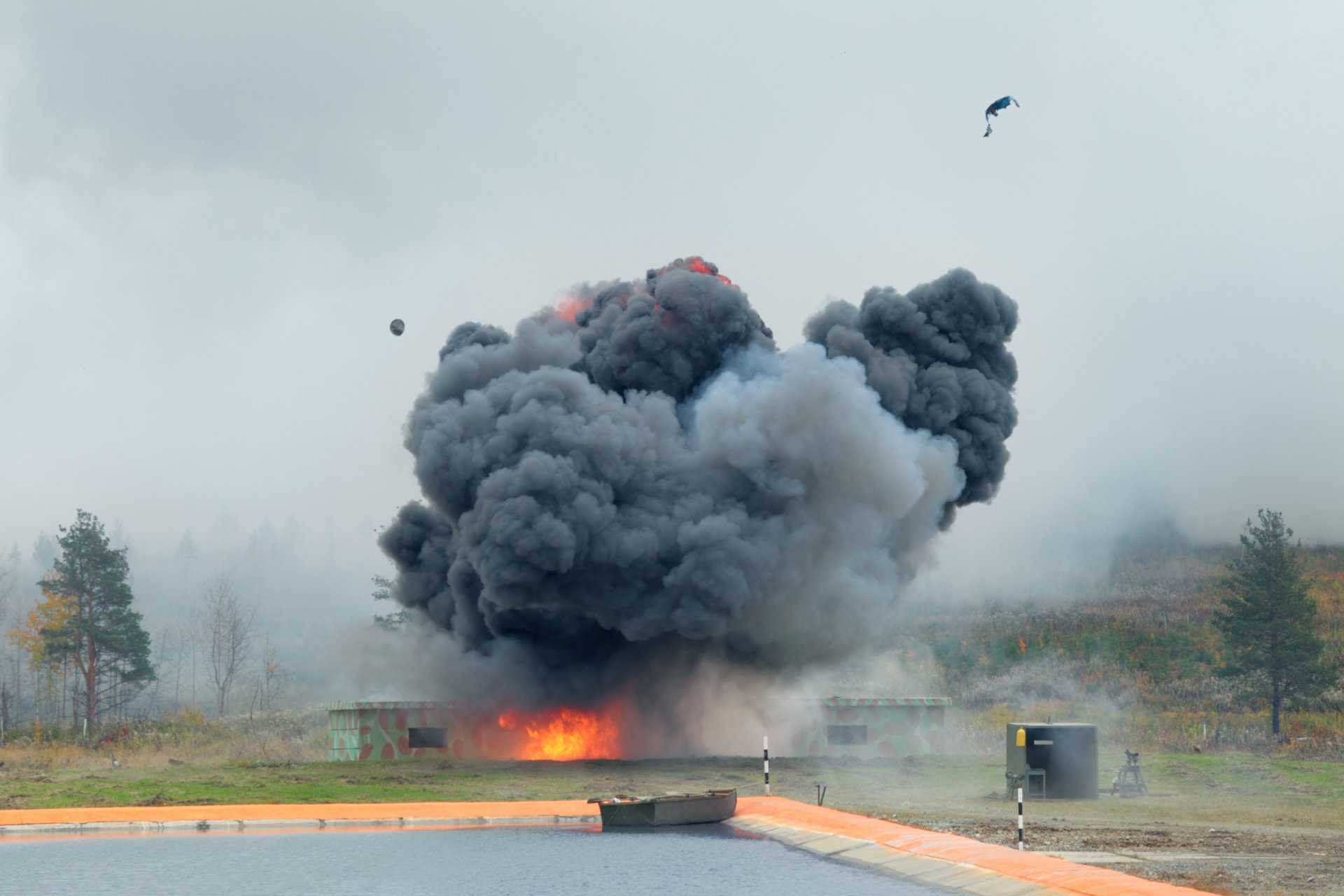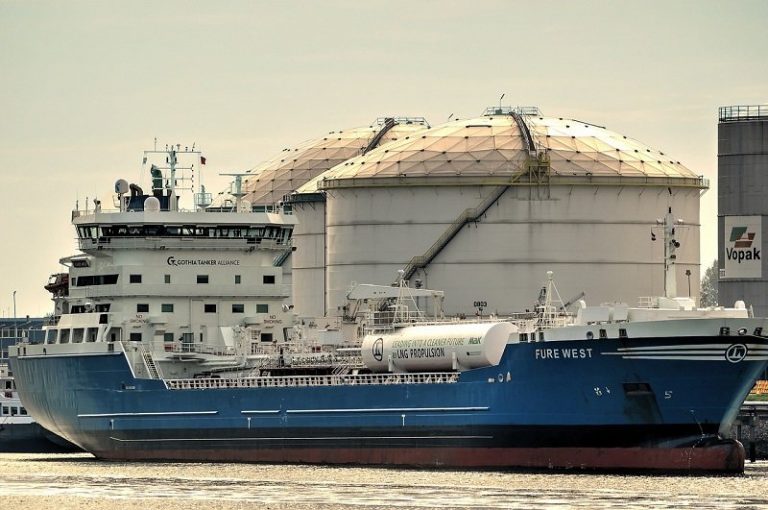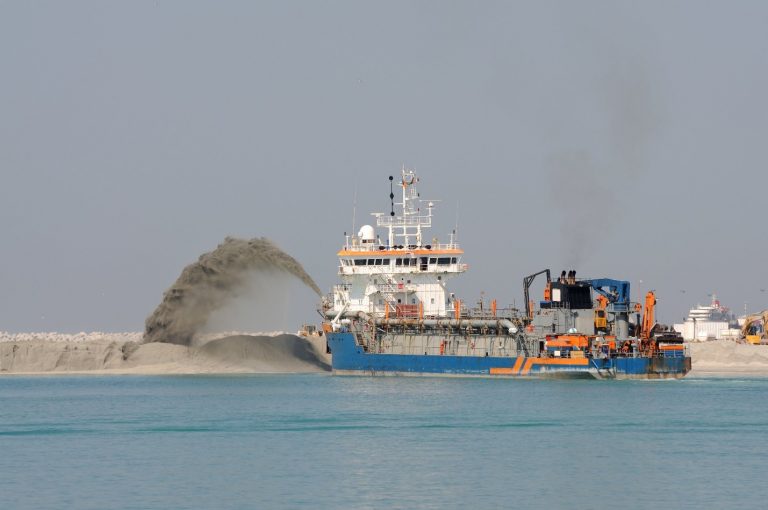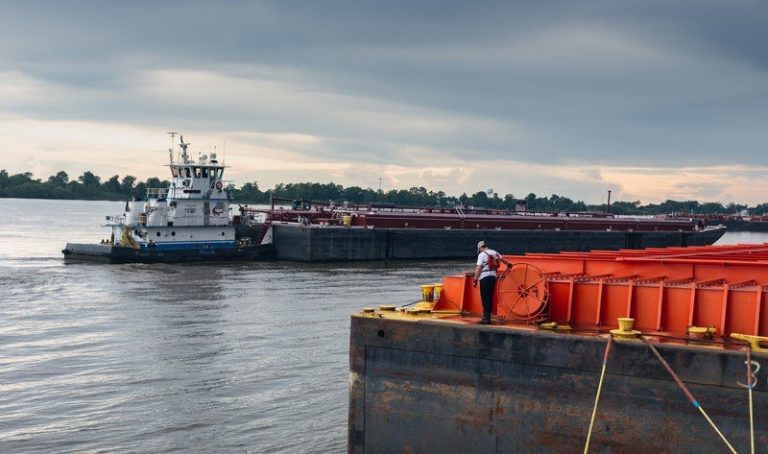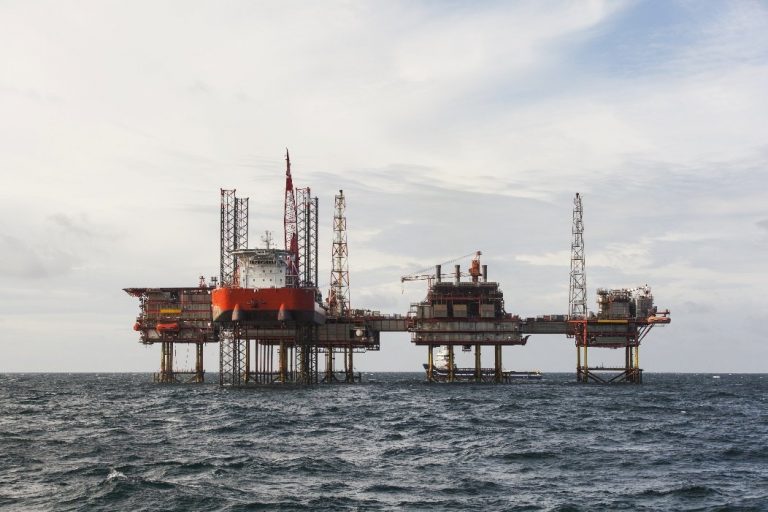There are certainly risks involved in working on an offshore drilling platform. This high-paying career carries with it a reputation for being one of the most hazardous professions because of the dangerous conditions and a high risk of injuries or death.1 Not only are there famous examples of oil rig explosions, including Piper Alpha and the Deepwater Horizon, everyday accidents can cause debilitating or life-threatening injuries to any oil rig worker.
What Makes Oil Rig Jobs So Dangerous?
The Centers for Disease Control and Prevention have determined that the fatality rate for workers on offshore oil rigs is seven times higher than that of a typical worker in the United States.2 What makes this one of the most dangerous jobs?

- Extreme weather conditions
- Limited access to emergency medical care
- Long hours and fatigue
What Type of Accidents Are Common on Oil Rigs?
There are many kinds of accidents that can happen on oil rigs, and injuries occur from all of these causes:
- Fires and Explosions: There are all sorts of chemicals used in onshore drilling operations that are flammable, including petroleum, natural gas, and hydrogen sulfide. Seven percent of oil worker fatalities were caused by fires, and an additional 9 percent were due to explosions.2
- Slip or Fall Injuries: Falls from a height can occur on oil and gas industry rigs since workers have to climb up different areas of the rig during its construction, as well as for maintenance. Falls account for 7 percent of oil worker fatalities.2
- Machinery and Equipment: Oil rigs have heavy equipment, electrical components, powerful drills, hoists, forklifts, and cranes that could result in personal injuries to workers. The noise of heavy equipment also interferes with communication. Six percent of oil worker deaths involved being crushed by a piece of equipment, while 5% died by electrocution.2
- Dropped Tools and Falling Objects: Another dangerous accident can happen when drill operators or maintenance workers drop tools onto someone below them. Falling objects that come loose in rough weather or due to poor maintenance can also be deadly. 22% of oil worker fatalities are due to falling objects.2
- Fatigue and Exhaustion: According to the Bureau of Labor Statistics, oil rig workers frequently work 12 hours a day for extended periods of time ranging from 7 to 14 days of working without any days off. Fatigue slows reaction times and increases the chances of an accident occuring.2
Is Your Employer Responsible for Your Accident?
While the dangers of working on an onshore or offshore oil rig are well established, that does not mean that injured workers have no recourse. Employers in the oil and gas industry are responsible to provide a safe working environment for their employees. OSHA and other government agencies regulate and require safe practices, well-maintained equipment, and proper crew training for all oil rigs.
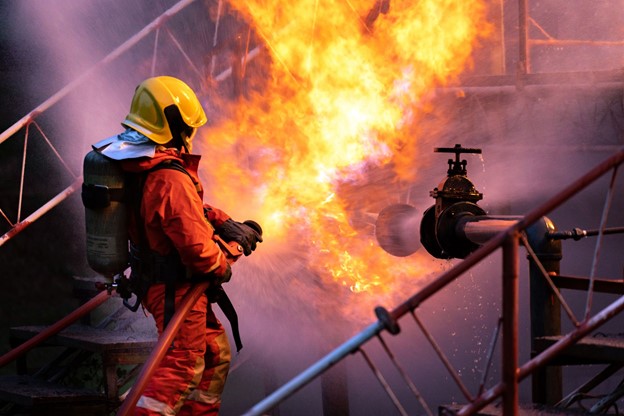
Of course, maritime law is complex. Depending on the distance your platform is from shore and other important factors, different paths might be available to you to seek compensation for your own injuries or the death of a loved one. You may need an experienced team of maritime lawyers to guide you through the options available.
There is no better team to explain your legal situation and help you receive the compensation you deserve than the experienced maritime lawyers at Maintenance and Cure. If you were or a loved one was injured or killed while working on an oil rig onshore or offshore, please contact us at Maintenance and Cure at 800-836-5830 to speak with an oil rig injury lawyer today!
Sources:

